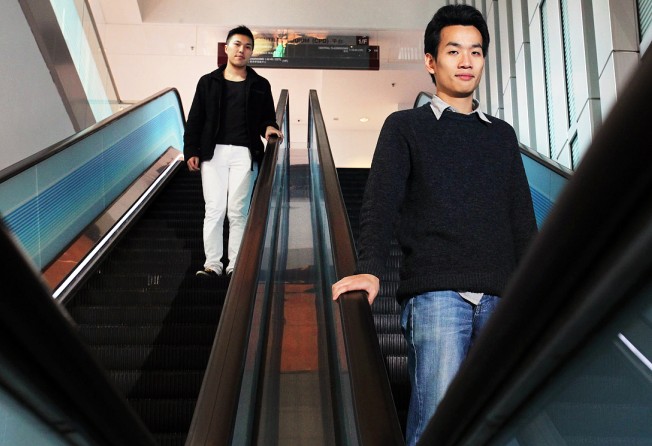CY Leung accused of stirring up new Cultural Revolution in Hong Kong

Chief Executive Leung Chun-ying was likened to Communist strongman Mao Zedong launching the Cultural Revolution yesterday as he exchanged fire with pan-democratic lawmakers over his policy-address attack on two student commentaries about self-determination.
Leung accused the University of Hong Kong Students' Union magazine Undergrad of "advocating independence" and "putting forward fallacies" in an article last February and in a book it published last September entitled Hong Kong Nationalism.
However, Brian Leung Kai-ping, government and law student and editor-in-chief of both publications, insisted yesterday he was neither for nor against Hong Kong independence.
The accusation that Leung Chun-yin was behaving like Mao came from Lee Cheuk-yan, chairman of the Labour Party, during a 1½ hour question-and-answer session in the Legislative Council in which the chief executive was pressed several times to explain his opening remarks in Wednesday's speech.
"Are you trying to stir up a Cultural Revolution in Hong Kong?" asked Lee, referring to the 10-year campaign started by Mao in the 1960s that purged dissidents, suppressed free speech and forced academics and capitalists to become farmers.
"Are those criticisms your only reflection on the issue of our youth following the Umbrella Movement? Are you trying to suppress freedom of speech until 'one country, two systems' is destroyed?"
Leung replied: "Freedom of speech means everyone is free to comment on views expressed by others."
Lee then called Leung "a killer of universal suffrage" because he was putting forward reforms that denied Hongkongers the right to choose the candidates.
Leung's retort: if Lee vetoed the upcoming proposal then the "actual killer of universal suffrage" would be him. Lee replied that he saw himself as a "killer of fake universal suffrage".
Separately, Chief Secretary Carrie Lam Cheng Yuet-ngor said she respected the chief executive's decision to use his policy address as a way of sharing his views.
"It's normal for the chief executive to share his thoughts on his governing principles and the latest development of Hong Kong in the policy address," she added.
Meanwhile, in an interview with the South China Morning Post, Brian Leung said: "I am not against [self-determination] … but I think a substantive voice hasn't been formed to call for Hong Kong independence. It's just based on some articles and Facebook posts and theoretical comparison.
"So, at this stage, I won't publicly call for independence or support it," he said, adding that "pragmatic" Hongkongers were unlikely to support such a controversial cause.
He said his editorial team had described Hong Kong as a "nation", using the Soviet Union's Communist leader Joseph Stalin's definition of "a stable community of people [with] a common language, territory, economic life and psychological make-up".
He also said he believed the city's officials should reflect on whether the national policy on Hong Kong had gone wrong. "If the 'one country, two systems' principle runs well … a democratic election in Hong Kong would give rise to a representative government, and I think this would satisfy the vast majority of Hongkongers, including myself," he said.
One mainland student studying at HKU, who gave her name as Amber, doubted that Hong Kong would ever be independent.
"Its economy is dependent on the mainland, and China is developing much better than Hong Kong," she said.